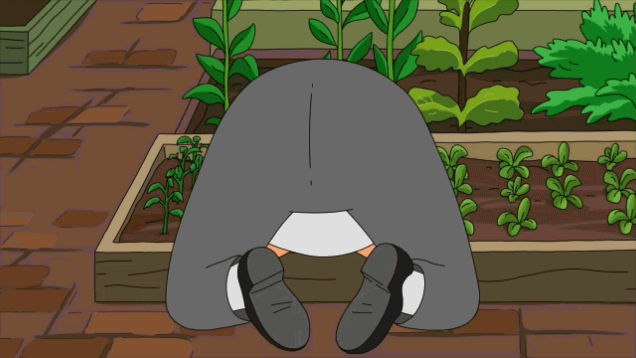
We are continuously refining and adapting our hugel-building process in our own backyard. Every site is unique and so is every hugel, which means there are endless opportunities for learning.
(Photo: Studio Petrichor)
Searching for Failure
by Shawn Maestretti
Success is measured by many things, but what I have learned over the years is that failure has actually been the key to unlocking our potential. One of the many personal roads I am taking right now is becoming immune to fear, pain, and overwhelm. These are three detrimental distractions that take time out of our daily lives and eat away at both our physical and spiritual health.
If our goal is to increase abundance in the landscape for all beings, human and non-human, perhaps we might get to the ROOT of the problem… which usually starts in the soil. Then we have a first step, a jumping off point, that begins with asking the right questions, like “how do we optimize our soil conditions?” Our mission is to do whatever we can to create absorbent, vibrant, and biodiverse living spaces, and testing hugels is key to that mission.
What we have learned is that where there is carbon in the soil, there is water, and where there is water in the soil, there is life… you know… life-sustaining life.
Every hugelkultur berm we have built has taught us something new every time, such as:
- Which plants work best in specific locations on the hugel, since slope and sun exposure are unique at each site
- Ways to design for each aspect, orientation, and location on the berm
- How terracing the berm will slow water AND harvest water via thermal mass
- Each berm, build, and composition will take on a life of its own
- That eventually hugels will become what we all will be… compost
The key is to remain open and observant and listen for clues as to how improvements can be made every step of the way. If our end goals are to reduce CO2 emissions through green waste transformation, increase soil fertility, support habitat and biodiversity, develop educational opportunities, and so on… then we will continue our search for failure and remain on a path where we are always learning.

A freshly rebuilt hugel in our backyard laboratory. (Photo: Studio Petrichor)
There are many sources out there sharing their perspectives and their successes and failures. What we love about what we do is that we acknowledge our practices as how WE, not how TO. When a credible source shares their experience on “why this doesn’t work,” they are usually missing two very important words at the end of that statement: “FOR ME.” See below for a few resources sharing their take on some of the regenerative practices we are currently using and will continue to test. Our response to them is: the jury is still out.
At this point, we are sharpening our saws and sharing our successes and failures with you, with complete transparency. We hope to inspire you to search for your own answers and QUESTION EVERYTHING.
You might think this is counter-intuitive and it very well may be; however, questioning everything, creating diverse models, and practicing trial and error is the foundation of exploratory research. The plethora of sources out there that share their experiences and opinions are great places to start your research. It helps to know what didn’t work for some people and what does work for others. Here are some articles for you to consider on your journey into the search for your truth:
“Hugelkultur in Dry Climates: Does It Work?” by Sean Jennings of Homesteadin’ Hawai’i
“The Cardboard Controversy” by Dr. Linda Chalker-Scott of The Garden Professors

